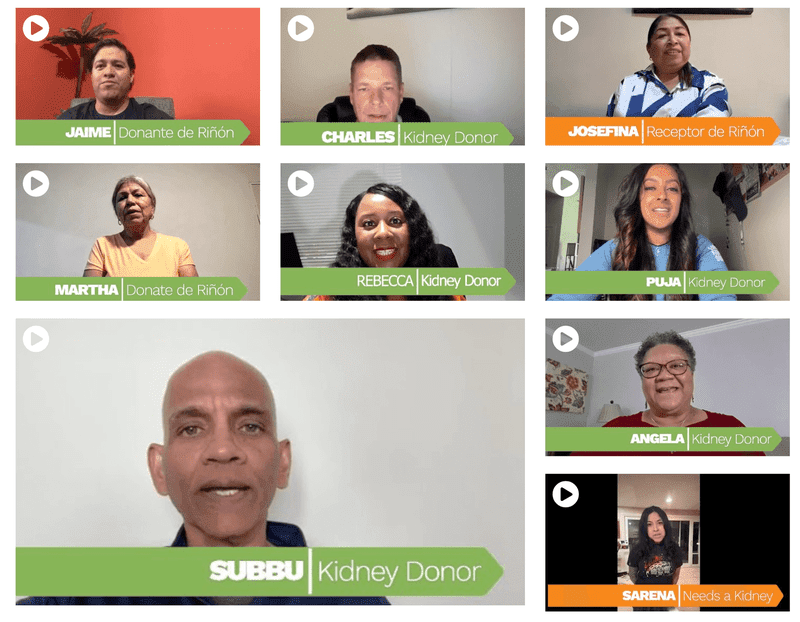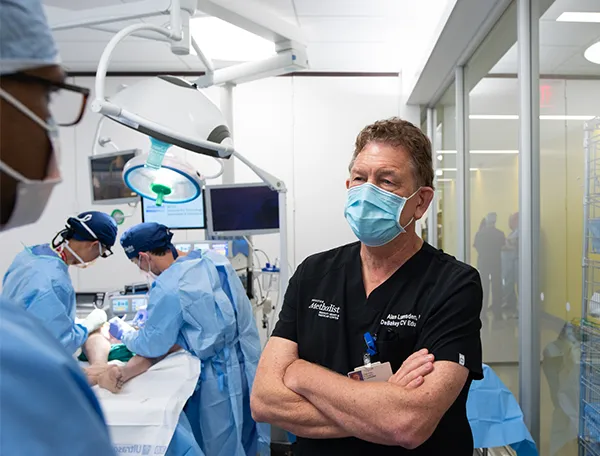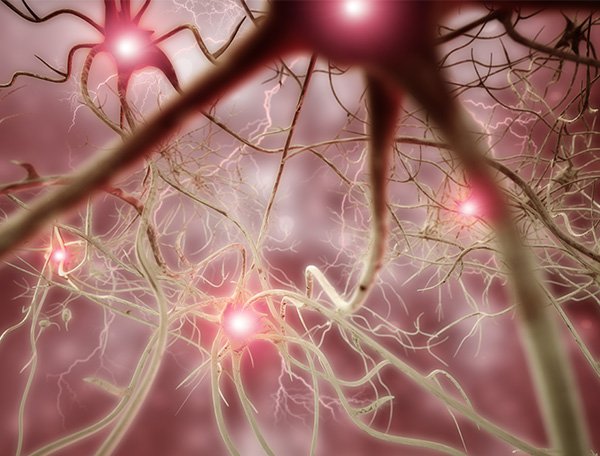



innovative education
Artificial Intelligence Helps Support Potential Living Kidney Donors Online

The J.C. Walter Jr. Transplant Center performs up to 287 kidney transplants each year, half of which are made possible by living kidney donors—individuals who donate one kidney while they are alive. Living donation offers patients the most effective treatment for kidney failure, as it results in better outcomes, longer-lasting kidney function, and fewer complications compared to deceased donor transplants.
However, living kidney donation rates in recent years have remained stagnant, ranging from 6,000 to 7,000 per year nationally while the national kidney transplant waiting list has grown to almost 100,000 patients.
That’s why Amy D. Waterman, PhD, FAST, Deborah C. and Clifton B. Phillips Centennial Chair for Clinical Research in Transplant Medicine, is exploring innovative ways to locate more potential living kidney donors online. One such innovation includes utilizing artificial intelligence (AI) to review internet searches and online conversations on living kidney donation. As demonstrated in Waterman’s recent JMIR AI research study, AI programs can enable researchers to code such conversations, and online educational campaigns could deliver targeted information for potential donors to make an informed decision.
“As educators, we recognize that some people could be surprised if they received a targeted message or advertisement inviting them to learn more about living donation,” Waterman said. “In our daily lives, we receive daily marketing about hundreds of other products, so I think we should apply the same techniques to connect with potential donors.”
While more research is needed on how to effectively target potential living kidney donors online, Waterman is confident that such innovations can connect patients to transplant centers in a positive way. “I think our approach should invite people to learn more about living donation versus pressuring them to become donors,” Waterman said. “One way we are channeling this strategy is by inviting people to watch videos of real donors and patients in my Living Donation Storytelling Library.”

User videos from the Living Donation Storytelling Library
The storytelling library is curated by the Waterman Research Lab and includes more than 200 short videos of living donor and recipient experiences in English, Spanish and French. Family members of donors and recipients and those still exploring living donation are also featured in the library.
“Everybody deserves the right to make an informed decision about their own health, and they don't need to come to a transplant center to get that information,” Waterman said. “Our Living Donation Storytelling Library allows people to come to their own decision through first-hand accounts and medically accurate information.”
Waterman, who is the 2024 recipient of the Glen W. Karsten Memorial Award at the Living Bank’s 55th Anniversary Gala, looks forward to continuing her research on AI and informed decision-making. From here, she plans to expand her research and education to specifically address financial roadblocks to organ donation.
“There are people who choose not to donate kidneys because they think that they cannot afford the out-of-pocket costs or time off work. However, there is financial help through resources such as the National Living Donor Assistance Center,” said Waterman, who serves on the organization’s advisory board.
Callie Rainosek Wren, MS
June 2025
Related Articles








